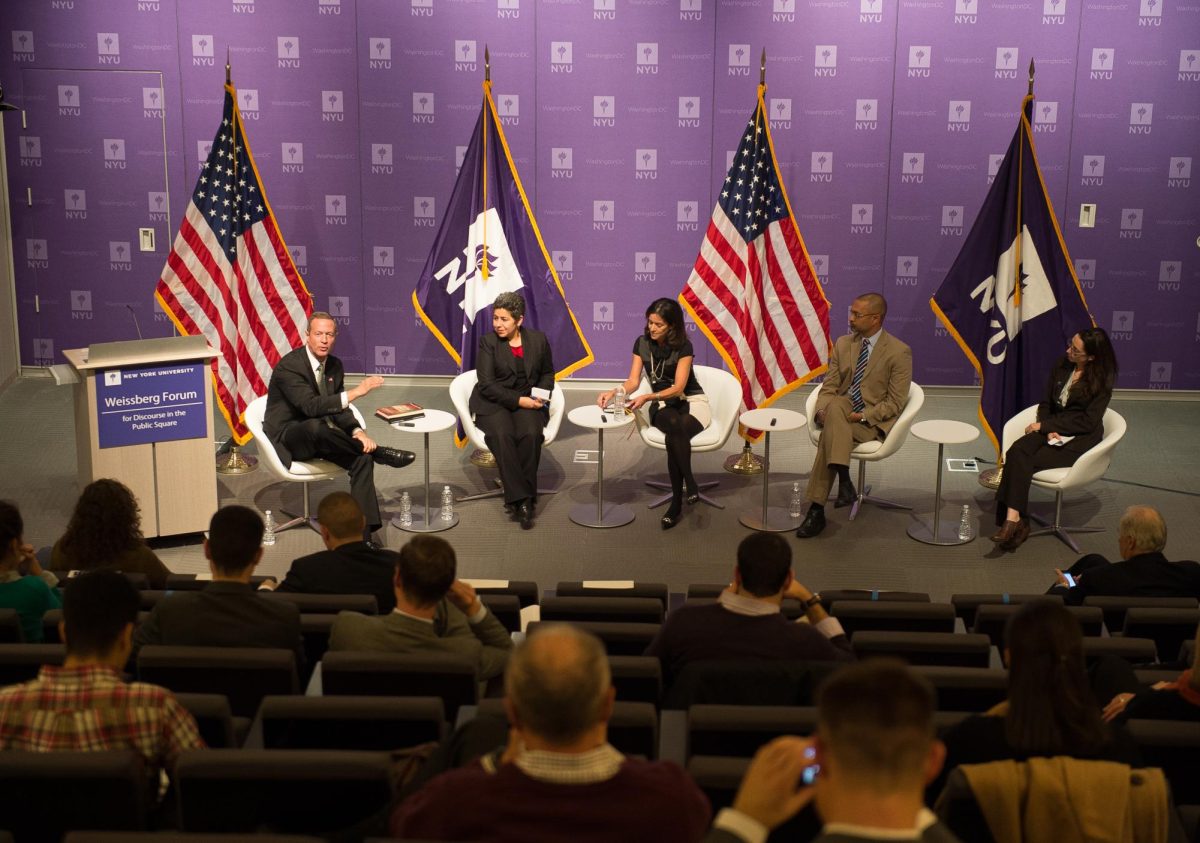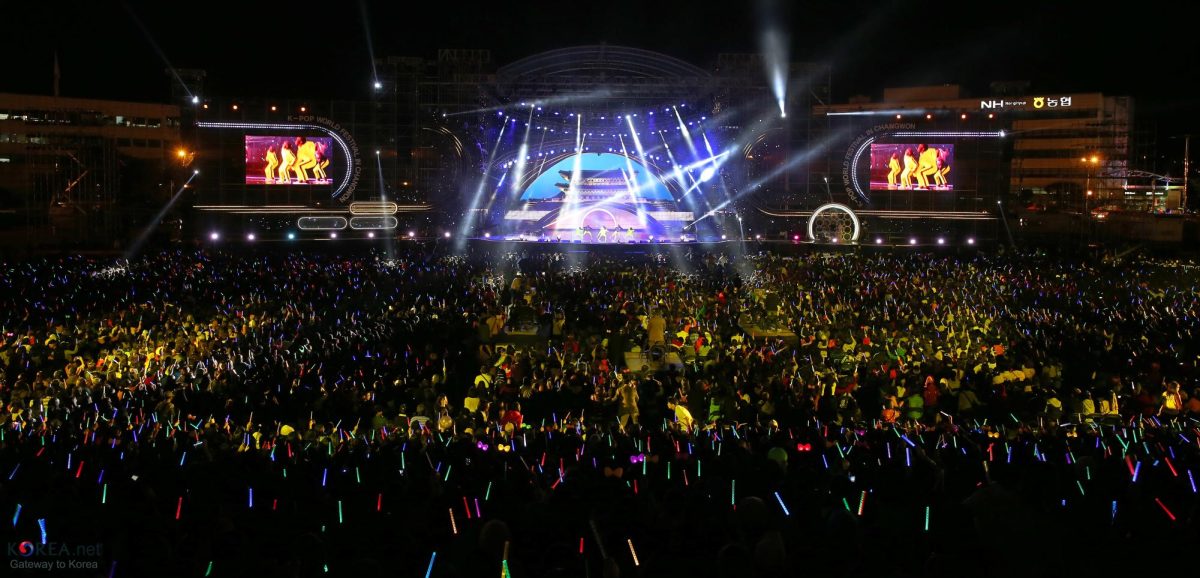Amanda McKnight | Staff Writer
Cameroonian/Nigerian pop singer, Dencia, has caused an uproar on social media with the release of Whitenicious, “a high-end skin care product line suitable for all skin types.”
The success of Dencia’s product brings light to the prevalence of skin lightening to those in the US who may have never even heard of the practice.
Skin lightening products are used by people of color, especially women, all over the world.
According to the World Health Organization (WHO) 77 percent of Nigerian women have admitted to using skin lightening products regularly. With numbers like that, it is not hard to believe that the Nigerian based singer’s product sold out after one day on the market. Do not be fooled, it’s not just a Black thing. 40 percent of women in China, Malaysia, The Philippines and The Republic of Korea admit to using skin lightening products and in India lighteners make up 61 percent of the skin care market.

Mercury, a main ingredient in many skin lightening products, has extremely adverse effects on health. It can cause damage to the liver, kidney, nervous system and brain if it is used in large quantities. It’s not just your health that is damaged when using skin lighteners, but your wallet as well. Whitenicious retails at $50 to $150 depending on the size of the jar.
Even with these high prices, women sometimes feel that lightening their skin is a necessity to be successful according to President of African Student Union, Nnenna Akaronu. “There is a pressure to skin bleach because for women who want to help their families and make money, they see other women who have skin bleached get jobs and be successful.”
The issue of skin bleaching is bigger than Dencia, according to Akaronu, “The thing with skin bleaching is that they don’t think of it as bleaching, it’s called ‘toning’ used for dark spots. Some women do not even know it is bleaching they just think, ‘Oh this cream makes my dark spots go away.’”

Skin lightening is a big business.The Economist.com, reports that the industry will pull in about $15 billion globally. Justin Hills, a Senior in Human Biology, saw advertisements for skin lightening creams while doing research in Ghana. “I was rather disturbed by the skin lightening ads I saw because many of the products asserted themselves as a means to achieve ‘true African beauty.” Though Dencia did not start the trend of skin lightening by selling her product, she is definitely making money off the old idea of “light is right.”







Realist • Aug 2, 2014 at 2:08 pm
People always make a big deal about African American women and bleaching their skin to make it lighter … Why do we never talk about white women tanning to get darker skin . It’s NOT wrong in either cases . It’s all about you and what makes you happy and what makes you feel the best not what other people ignorant opinion on it . do what makes u happy !
bluemoon49 • Jun 13, 2014 at 1:13 pm
Skin bleaching is not good.please be proud of your dark skin it is beautiful.